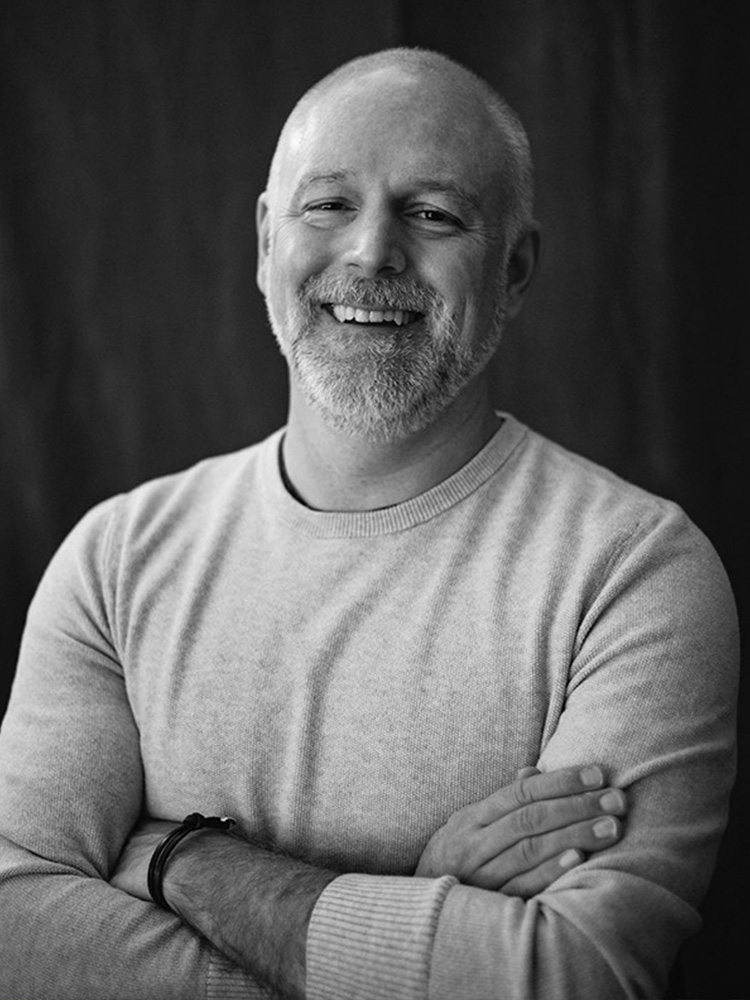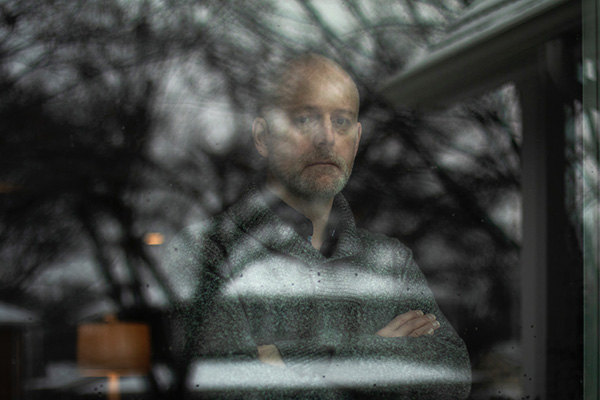
John Copenhaver
- Fiction Mentor
- MFA in Writing
Additional Information
Biography
Teaching Philosophy
My writing and teaching come from the same impulse: a strong belief in the power of well-told stories to transform us and complicate our understanding of the world. As a writer of historical fiction, I tell stories about queer people in the 1940s and 1950s, an era greatly lacking in historical records of LGBTQ+ lives. I use fiction to recover those narratives, and I write mysteries because, as a genre, it serves as an effective device for mining concealed pasts and lost histories.
As a teacher and mentor, my job first is to be a good listener. From the beginning, I must understand student writers' aesthetic perspectives and artistic goals. So often, we have stories we want to tell but don't understand what structure (or even genre) will best serve the narrative. Or we want to write in a genre or subgenre—socially conscious thrillers exploring race, horror fiction questioning binary gender conformity, historical romances about same-sex relationships, etc.—but don't fully understand the genre's limitations or the expectations of its readership. If I know the direction a student wants to go, we can plot the course more effectively together.
As a guide on this journey, I offer feedback that avoids being purely prescriptive and aims to ignite rich dialogue. I want students to tell the best version of the story they want to tell. Regardless of their subject matter or genre, students should read widely and with a writer's careful attention. They should explore works that inspire and challenge. Through reflection, they should refine their sense of what constitutes quality fiction, and as they develop their skillset and apply it to their writing, they should keep a reader's needs in view. After all, if we hope to entertain and connect with our audience, we need to keep them turning the pages.

Additional Information
Biography
Teaching Philosophy
My writing and teaching come from the same impulse: a strong belief in the power of well-told stories to transform us and complicate our understanding of the world. As a writer of historical fiction, I tell stories about queer people in the 1940s and 1950s, an era greatly lacking in historical records of LGBTQ+ lives. I use fiction to recover those narratives, and I write mysteries because, as a genre, it serves as an effective device for mining concealed pasts and lost histories.
As a teacher and mentor, my job first is to be a good listener. From the beginning, I must understand student writers' aesthetic perspectives and artistic goals. So often, we have stories we want to tell but don't understand what structure (or even genre) will best serve the narrative. Or we want to write in a genre or subgenre—socially conscious thrillers exploring race, horror fiction questioning binary gender conformity, historical romances about same-sex relationships, etc.—but don't fully understand the genre's limitations or the expectations of its readership. If I know the direction a student wants to go, we can plot the course more effectively together.
As a guide on this journey, I offer feedback that avoids being purely prescriptive and aims to ignite rich dialogue. I want students to tell the best version of the story they want to tell. Regardless of their subject matter or genre, students should read widely and with a writer's careful attention. They should explore works that inspire and challenge. Through reflection, they should refine their sense of what constitutes quality fiction, and as they develop their skillset and apply it to their writing, they should keep a reader's needs in view. After all, if we hope to entertain and connect with our audience, we need to keep them turning the pages.
